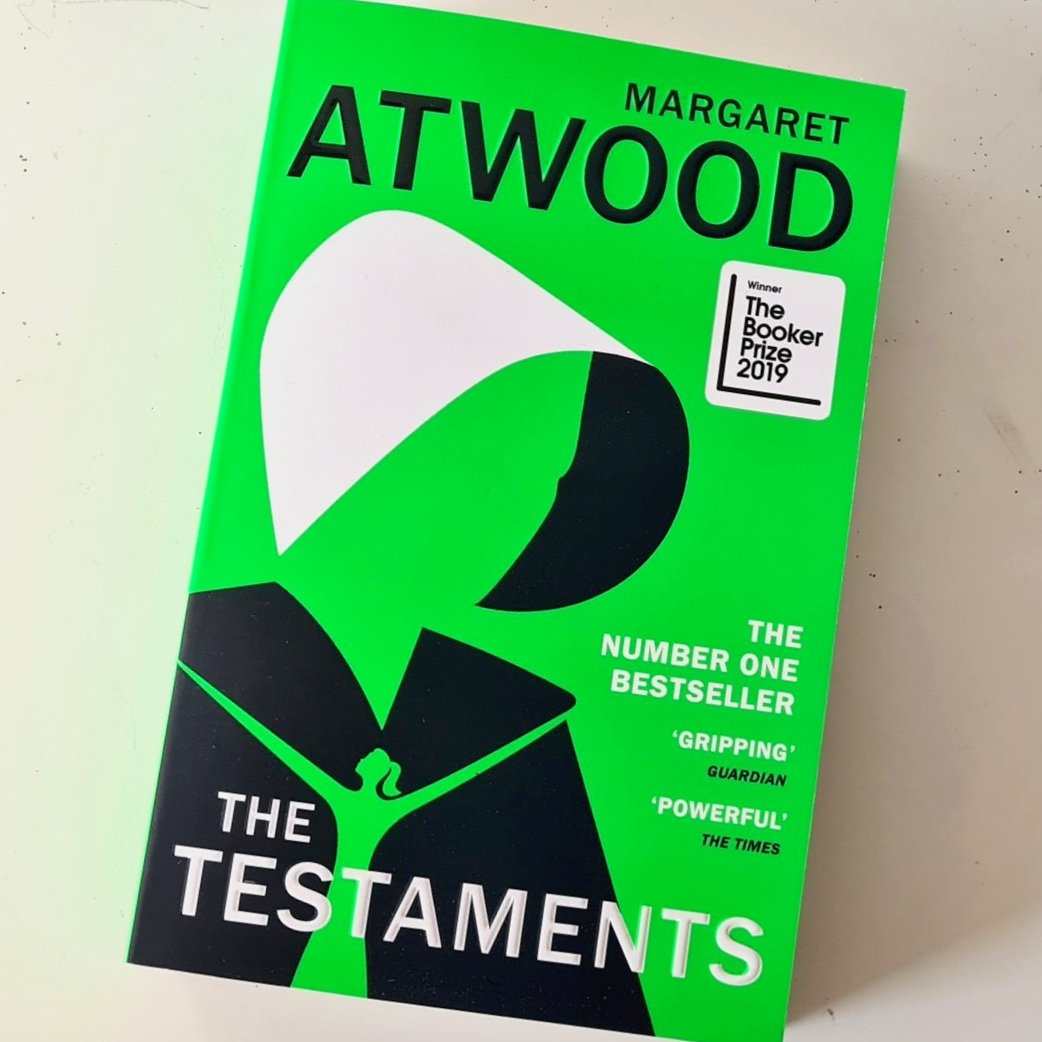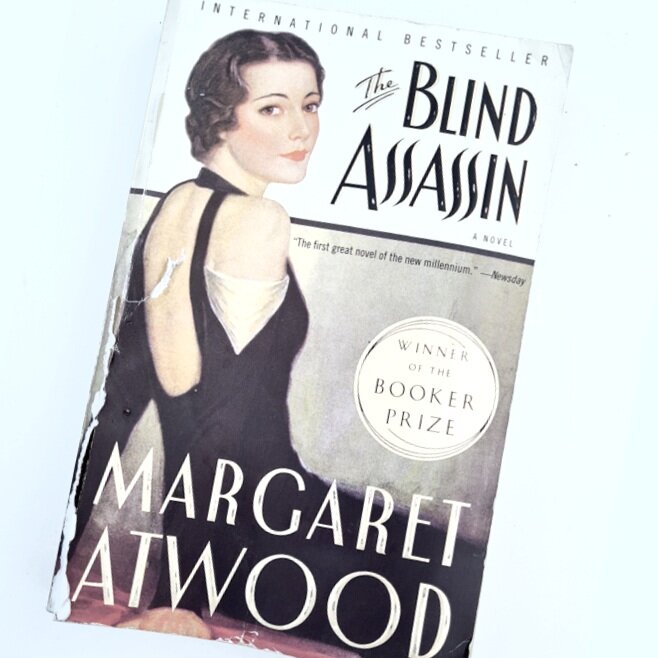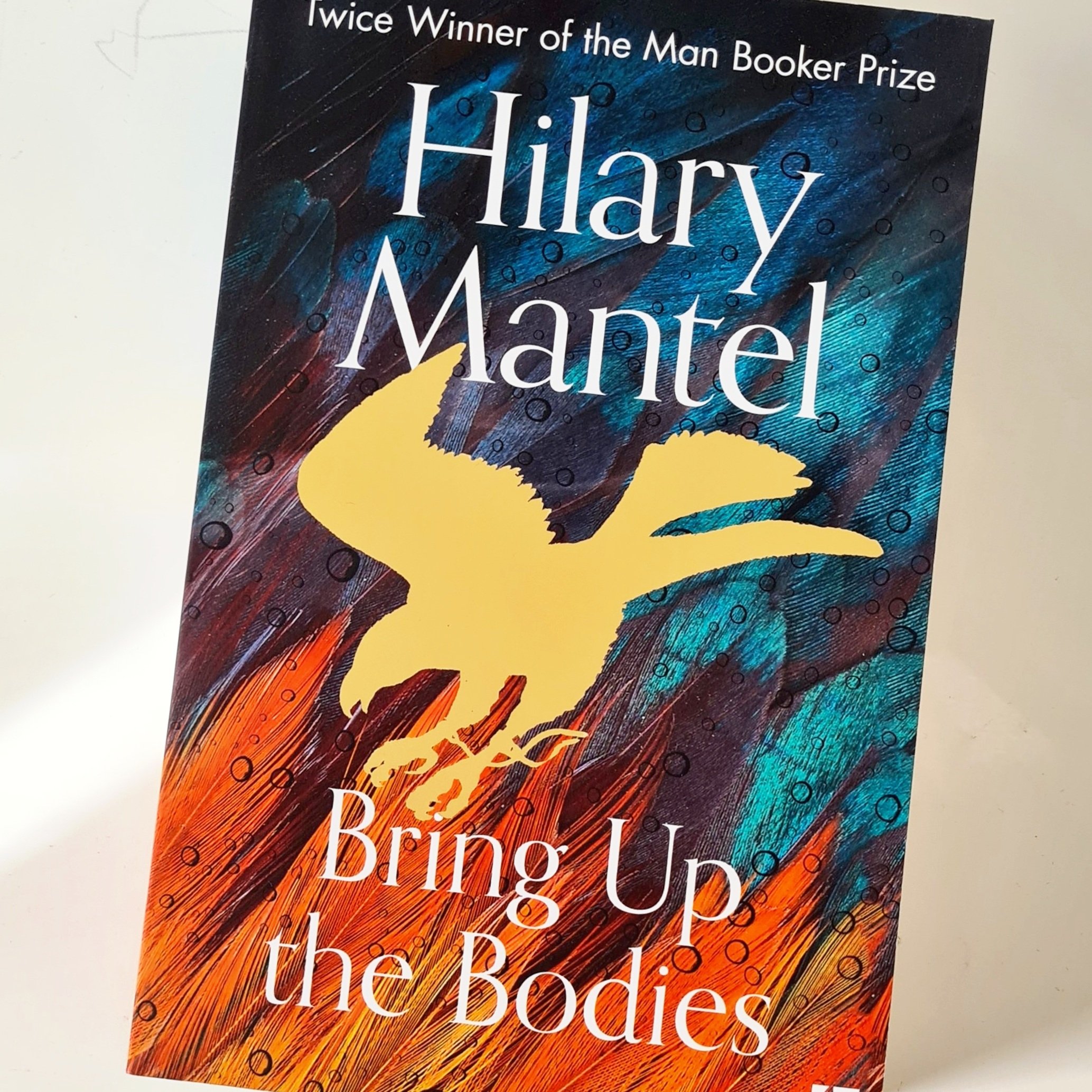
30-21…
30. The Testaments, Margaret Atwood (2019) – 8
(GoodReads ranking: 5, equivalent score 8.5)
The Handmaid’s Tale sequel is at once better than it has any right to be and at the same time slightly unnecessary. It didn’t need to win Atwood another Booker and deprive Bernadine Evaristo of 50% of her deserved glory, but it’s still a gripping and surprisingly entertaining sequel to a book which should very much have won back in 1985.
29. Wolf Hall, Hilary Mantel (2009) – 8
(GoodReads ranking: 19, equivalent score 8)
The first of two Prize-winning doorstoppers following Thomas Cromwell’s rise and fall in the court of Henry VIII. I wasn’t expecting this to be up my street but its huge popularity is richly deserved. The world-building is on another level.
28. Possession, A. S. Byatt (1990) – 8
(GoodReads ranking: 21, equivalent score 8)
Literary metafiction to the Nth degree. A book to be treasured by those who love books and their history, and for those who are rather more ambivalent, there’s a couple of beautifully unusual love stories in separate time periods to keep you hooked.
27. The Blind Assassin, Margaret Atwood (2000) - 8
(GoodReads ranking: 13, equivalent score 8)
Atwood’s first win felt overdue, but this is a more than deserved winner. Multi-layered and richly structured, it skips around time periods and genres in a way that can sometimes feel distracting from the main through-line, but that central story is gripping enough that you don’t mind.
26. The Sense of an Ending, Julian Barnes (2011) - 8
(GoodReads ranking: 35, equivalent score 7.5)
Another long-overdue win for a great author who perhaps could have won for a more memorable book than this, it’s nonetheless a thought-provoking read. It’s one of the more understated modern winners, but remains very much worth a read.
25. Troubles, J. G. Farrell (1970, "Lost Booker") – 8.5
(GoodReads ranking: 29, equivalent score 7.5)
Winner of the slightly odd “Lost Booker”, awarded in 2010 to correct an anomaly in the early years of the Prize that saw books released in 1970 ineligible for consideration, this is a gem of a book, packed with intriguing characters inhabiting a slowly decaying, overgrown (and oh so metaphorical) hotel as Ireland goes to war with itself.
24. How Late It Was, How Late, James Kelman (1994) – 8.5
(GoodReads ranking: 44, equivalent score 7)
We’re really getting into the good stuff now. Kelman’s first-person narrative from the perspective of a newly-blind Glaswegian man is a unique entry in the Booker canon. It’s not to everyone’s taste, but I found it a genuinely visceral experience, and it’s influenced everyone from Irvine Welsh to Douglas Stuart.
23. The Bone People, Keri Hulme (1985) – 8.5
(GoodReads ranking: 10, equivalent score 8)
Another tough read because of the highly triggering subject matter involving horrific violence against a child, New Zealand author Hulme’s only novel is strange yet oddly beautiful. Its images, both good and very very bad, will stay with you a long while after reading.
22. The Promise, Damon Galgut (2021) – 8.5
(GoodReads ranking: 24, equivalent score 8)
A tale of a decaying white South African family over a period of decades, largely post-Apartheid but very much still feeling the legacy of that period. Thought-provoking in its deliberate omission of black voices, allowing the white characters to thoroughly damn themselves in their own words, it also grabbed attention for its impressive fluidity of perspective-switching.
21. Bring Up the Bodies, Hilary Mantel (2012) – 8.5
(GoodReads ranking: 4, equivalent score 8.5)
While we can endlessly debate the need to reward two books in the same series, rather than showcasing something genuinely new and different, it’s not hard to see why the Booker panel felt compelled to give Wolf Hall’s sequel another nod. It somehow exceeds its already illustrious predecessor and takes us even deeper into the madness of Henry’s court.










